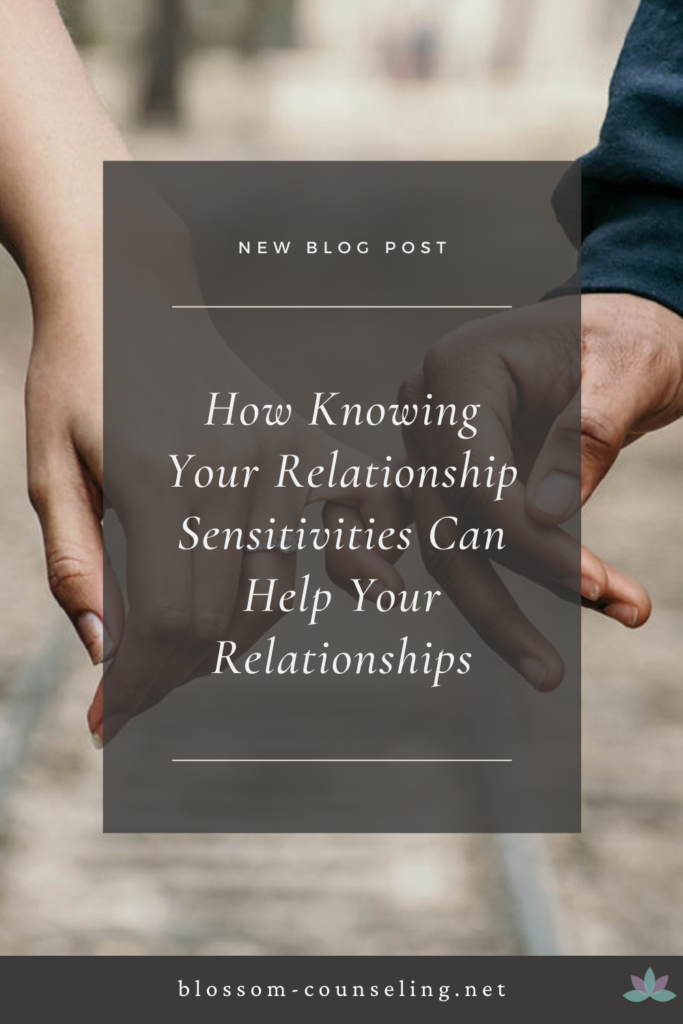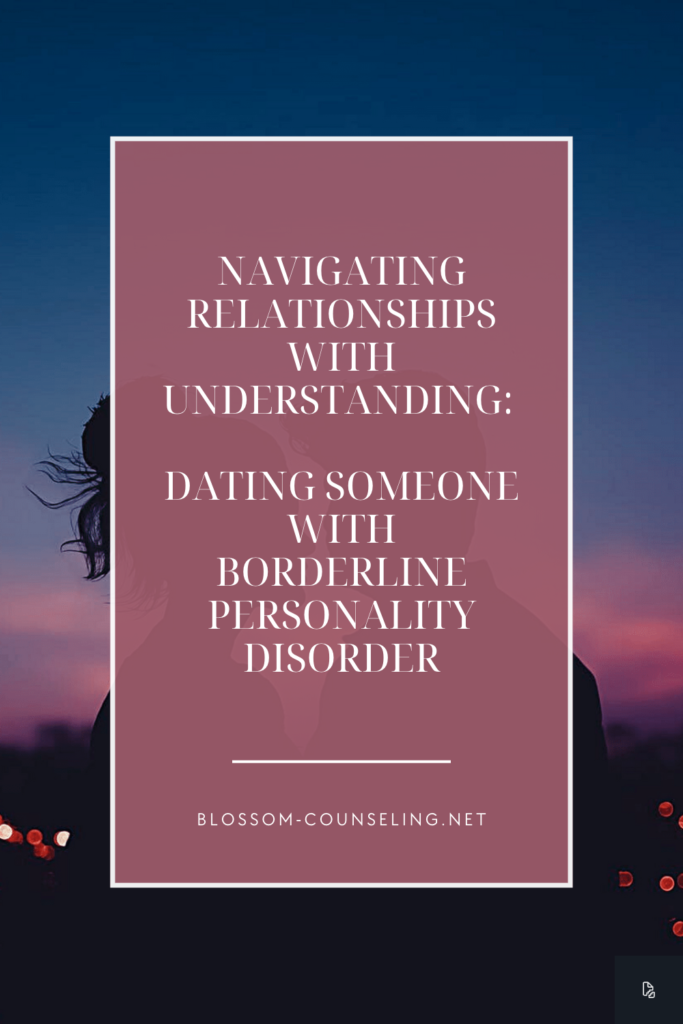
In a world buzzing with endless notifications, rapid social changes, and a constant push towards digital connection, it’s easy to feel disconnected from those timeless principles that have guided human interaction for centuries. Among these, the Golden Rule stands out as a beacon of simplicity and profound truth: “Treat others as you would like to be treated.”
This principle, which crosses cultures and epochs, might seem quaint or even simplistic in our complex modern world. Yet, it holds a powerfully relevant place in our mental health and interpersonal relationships. Let’s explore why this ancient adage is more crucial now than ever and how applying it can transform our lives and the world around us.
The Science of Empathy and Connection
At its core, the Golden Rule is about empathy and connection. It encourages us to step into another’s shoes and consider their feelings and perspectives before acting. This empathetic approach doesn’t just benefit those on the receiving end; it enriches our own lives, too.
Research in psychology shows that empathy is linked to greater happiness, reduced stress, and emotional resilience. When we connect with others on a meaningful level, our brains release oxytocin, sometimes known as the “love hormone,” which plays a crucial role in forming social bonds and enhancing our sense of well-being.
Beyond “Me”: Fostering Authentic Connections
In a digital age where interactions can often feel superficial, applying the Golden Rule fosters authentic connections. It’s a call to look beyond our screens and see the human being on the other side, with their own hopes, fears, and struggles. This principle encourages us to listen actively, speak kindly, and act with consideration, building relationships grounded in mutual respect and understanding.
Mental Health and the Golden Rule
How does this age-old principle impact our mental health? By promoting kindness, empathy, and understanding, the Golden Rule can significantly reduce feelings of isolation and loneliness. It reminds us that we’re all in this together, navigating the complexities of human experience. When we treat others with compassion, we’re more likely to receive compassion in return, creating a supportive network that bolsters our mental health.
Moreover, practicing the Golden Rule can boost our self-esteem and sense of purpose. Contributing positively to someone else’s life instills a sense of achievement and fulfillment, reinforcing our own value and place in the world.
Implementing the Golden Rule Today
So, how can we incorporate the Golden Rule into our modern lives? Start small: a kind word, a listening ear, or a small act of kindness can have a ripple effect. Be mindful of your interactions, both online and offline, and consider the impact of your words and actions on others.
In challenging situations, ask yourself: “How would I want to be treated in this situation?” This simple question can guide your responses in a more compassionate and empathetic direction.
Remember, the Golden Rule isn’t about keeping score or expecting something in return. It’s about cultivating a mindset of kindness and respect, which ultimately enhances our own lives and the lives of those around us. In a fast-paced, often impersonal world, the Golden Rule serves as a reminder of the fundamental human need for connection, empathy, and kindness. It’s a principle that not only improves our relationships but also our own mental well-being. By embodying this timeless adage, we can create a more compassionate world—one interaction at a time.
|
|



